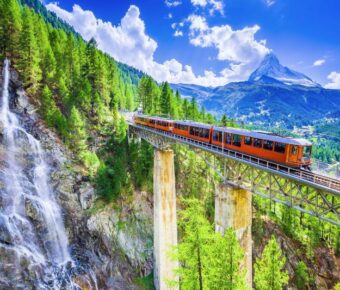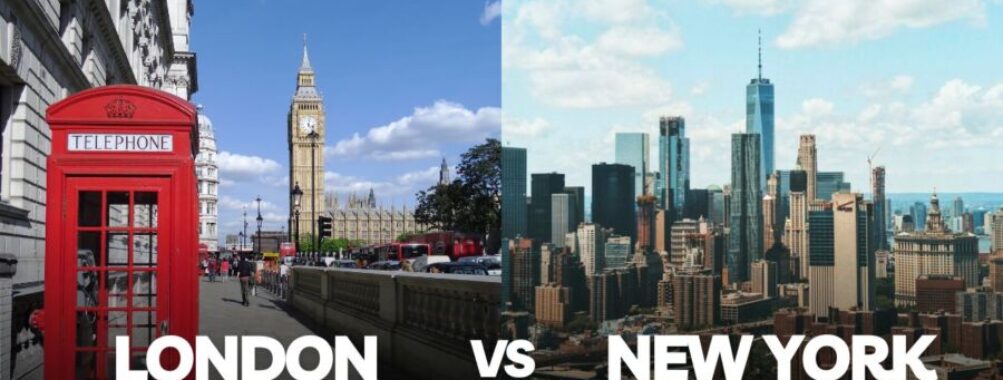
London vs New York: 10 Surprising Differences Every Traveler Should Know
London and New York are iconic cities that have captivated the world for centuries. These global powerhouses offer unique experiences, rich histories, and vibrant cultures that attract millions of visitors annually. Both cities boast impressive skylines and diverse populations, but they differ significantly in their atmosphere, lifestyle, and attractions.
New York’s fast-paced energy contrasts with London’s more laid-back vibe. The Big Apple dazzles with its towering skyscrapers and bright lights, while the British capital charms with its historic architecture and royal landmarks. From food scenes to public transport, each city has strengths and quirks that set it apart.
Choosing between NYC and London can be tough. Both offer world-class museums, shopping, and entertainment.
However, they also have distinct personalities that appeal to different types of travelers. Whether you prefer bagels or scones, yellow cabs, or black taxis, there’s something special waiting for you in these unforgettable metropolises.
Contents
- Historical Context
- Key Historical Events
- Cultural Evolution
- Geography and Climate
- City Layout and Boroughs
- Weather Patterns
- Demographics and Population
- Population Density
- Cultural Diversity
- Cost of Living and Economy
- Housing and Rent Prices
- Job Market and Average Salary
- Transportation and Infrastructure
- Public Transportation Networks
- Accessibility and Convenience
- Cultural Offerings
- Art and Museums
- Entertainment and Nightlife
- Parks and Recreation
- Famous Parks and Gardens
- Outdoor Activities
- Education and Research
- World-Renowned Universities
- Educational Opportunities
- Lifestyle and Society
- Fashion and Shopping
- Daily Living and Social Norms
- Urban Planning and Architecture
- Landmark Buildings and Structures
- Cityscape and Skyline
- Frequently Asked Questions
- How do the living costs compare between London and New York City?
- What is the difference in population density between London and New York City?
- Can you provide travelers with details on the time difference between London and New York?
- Which city, London or New York, generally offers a better quality of life?
- How do the sizes of London and New York compare geographically?
- What economic differences are evidenced by the GDP in London versus New York?
- More Travel Guides
Historical Context
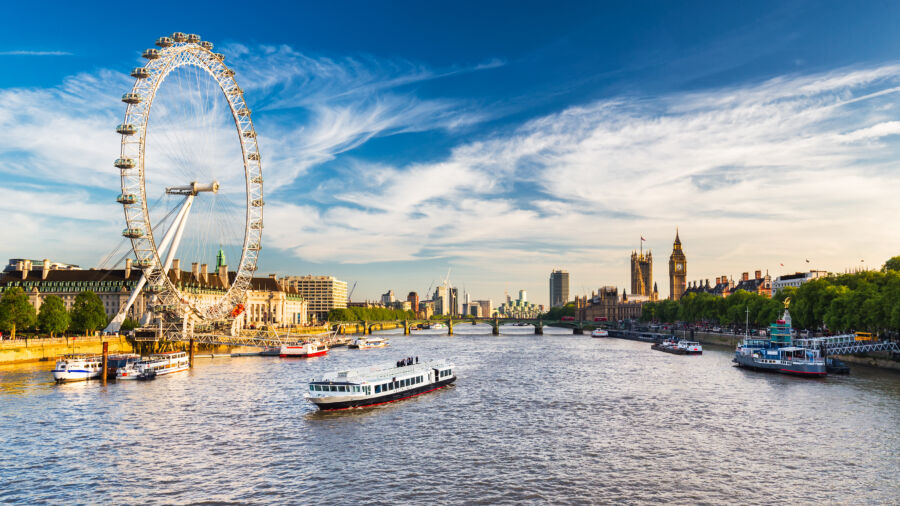
London and New York have rich histories that shaped them into the iconic cities we know today. Their stories are filled with triumphs, challenges, and cultural shifts that left lasting marks on their identities.
Key Historical Events
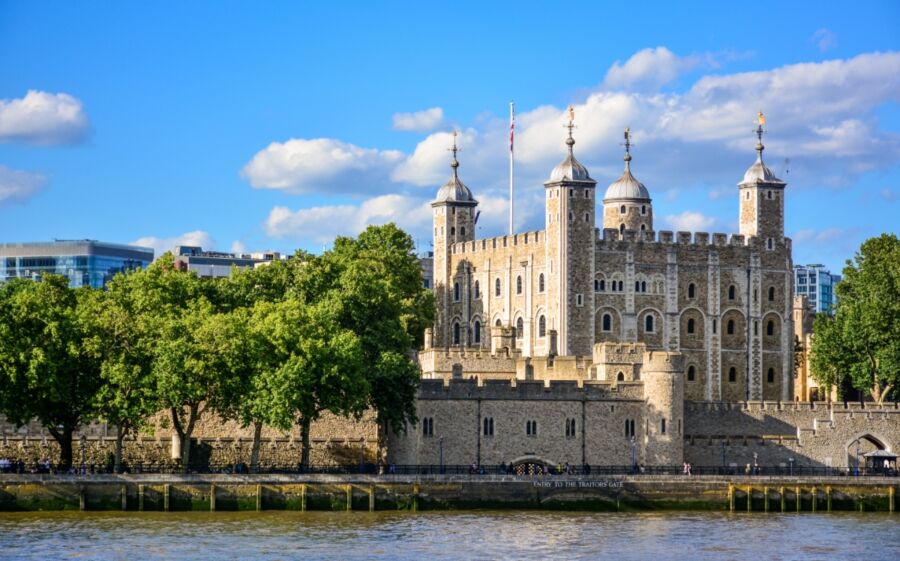
London’s history stretches back over 2,000 years to Roman times. The city survived plagues, fires, and wars, emerging stronger each time.
The Great Fire of 1666 wiped out much of medieval London, leading to a massive rebuilding effort. This event gave birth to many of the city’s famous landmarks we see today.
New York’s story is more recent but no less fascinating. Originally a Dutch settlement called New Amsterdam, it was renamed New York when the British took control in 1664. The city played a crucial role in the American Revolution and later became the nation’s first capital.
Both cities experienced rapid growth during the Industrial Revolution. London became the heart of a vast empire, while New York became America’s gateway for immigrants seeking new opportunities.
Cultural Evolution
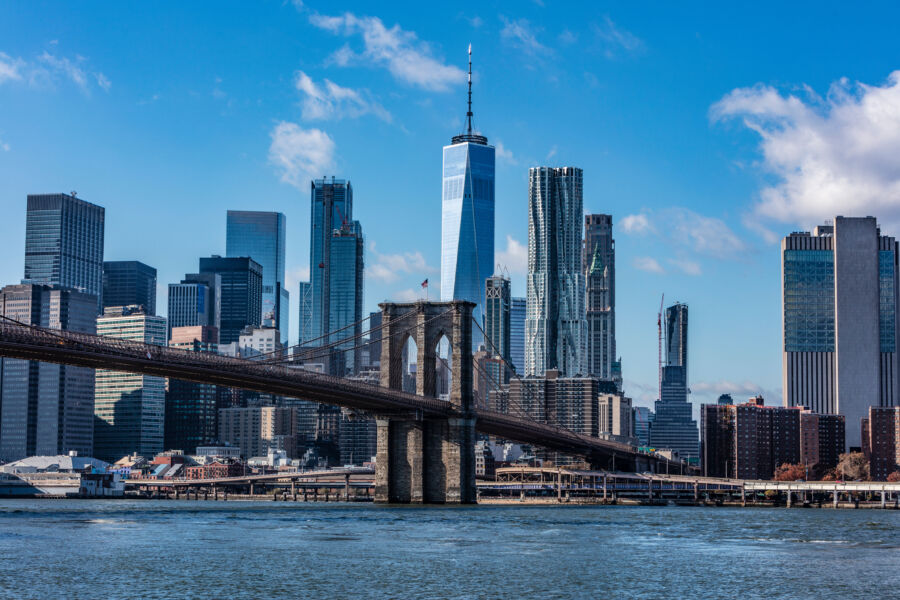
London’s culture has been shaped by centuries of royal influence, colonial expansion, and waves of immigration. The city’s museums, like the British Museum, house treasures worldwide. Its iconic landmarks, such as Big Ben, reflect its long history as a seat of power.
New York’s culture, on the other hand, is a melting pot of influences from diverse immigrant communities. The city became a global trendsetter in art, music, and fashion. Landmarks like the Empire State Building symbolize its rise as a modern metropolis and economic powerhouse.
Both cities have been at the forefront of social and cultural movements. They’ve been hotbeds of artistic innovation, from London’s Swinging Sixties to New York’s hip-hop revolution. Today, they continue to evolve, embracing new technologies and ideas while preserving their unique historical characters.
Geography and Climate
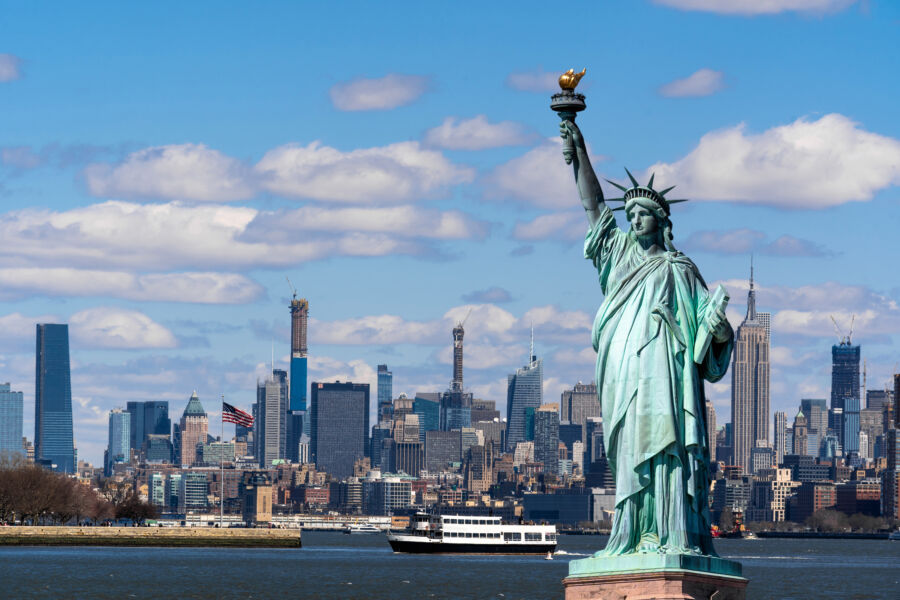
London and New York City are iconic metropolises with distinct geographical features and climate patterns. Their unique layouts and weather conditions shape the daily lives of residents and visitors alike.
City Layout and Boroughs
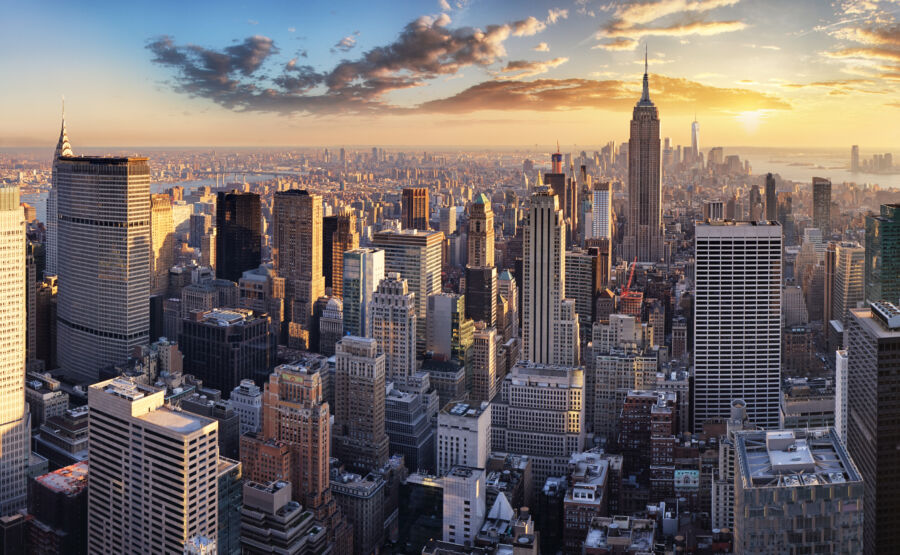
New York City has five boroughs: Manhattan, Brooklyn, Queens, The Bronx, and Staten Island. Manhattan, the heart of NYC, is a long, narrow island packed with skyscrapers and grid-like streets. Central Park offers a green oasis amidst the urban jungle.
On the other hand, London is divided into 32 boroughs, including the City of London. The city sprawls outward from the River Thames, combining historic and modern architecture.
Hyde Park, one of London’s largest green spaces, provides a peaceful retreat from bustling city life. Both cities have extensive public transport systems, but NYC’s subway runs 24/7, while London’s Tube has more limited hours.
Weather Patterns
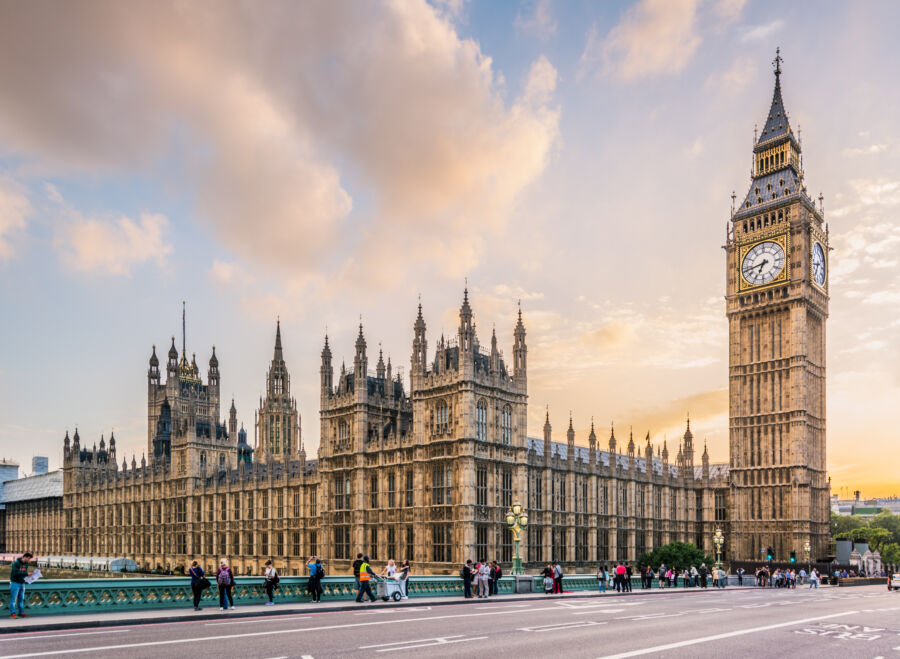
NYC experiences more extreme weather than London. Summers can be hot and humid, often climbing above 30°C (86°F). Winters are cold, with frequent snowfall and temperatures dropping below freezing.
London has a milder climate. Summers are cooler, rarely exceeding 25°C (77°F). Winters are chilly but not as harsh as NYC, with temperatures usually staying above freezing.
Rain is a common feature in both cities. London is known for its frequent drizzle, while NYC tends to have heavier downpours. NYC also faces the risk of hurricanes, which London doesn’t experience.
The cities’ weather patterns affect everything from fashion choices to outdoor activities. Londoners always keep an umbrella handy, while New Yorkers brave both sweltering heat and icy cold.
Demographics and Population
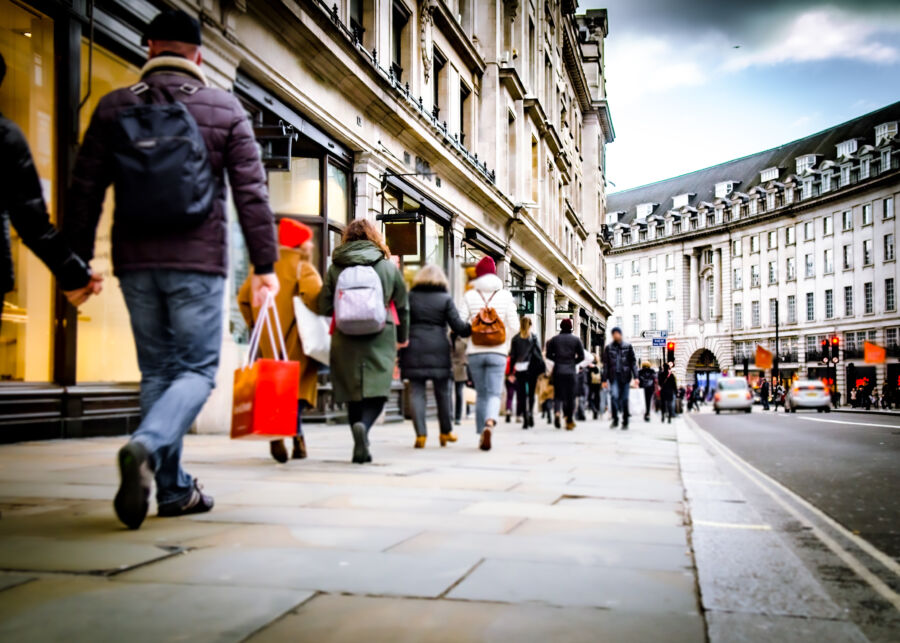
London and New York are huge cities with many people from all over the world. They’re packed with folks from different backgrounds, which makes them super interesting places to live or visit.
Population Density

New York City is way more crowded than London. In NYC, you’ll find about 27,000 people squeezed into each square mile. That’s almost twice as many as London, which has around 14,500 people per square mile.
NYC feels more packed because of all the tall buildings. You’ll see tons of skyscrapers, especially in Manhattan.
London has some tall buildings, too, but not as many. It has more spread-out neighborhoods with smaller houses and buildings. Both cities have grown significantly and continue to attract new people from all over their countries.
Cultural Diversity
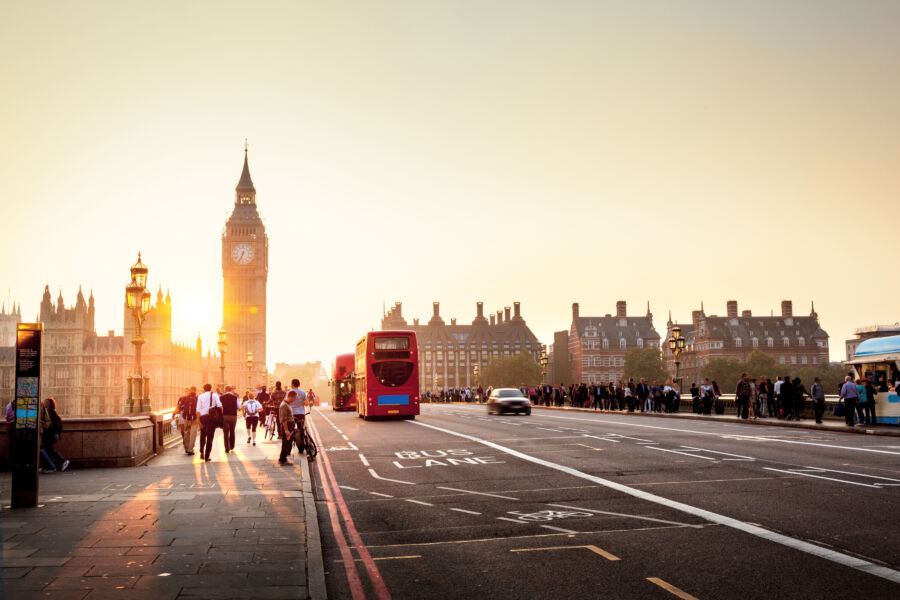
These cities are like big melting pots of cultures. In London, you’ll hear over 300 languages spoken on the streets. It’s home to people from all corners of the globe.
New York is just as diverse. It’s famous for its different neighborhoods, like Chinatown, Little Italy, and Koreatown. You can find food, shops, and festivals from almost any culture there.
Both cities celebrate this mix of people. They have parades, festivals, and events all year round to show off their different cultures. It’s one of the things that makes these cities so exciting to explore.
Cost of Living and Economy
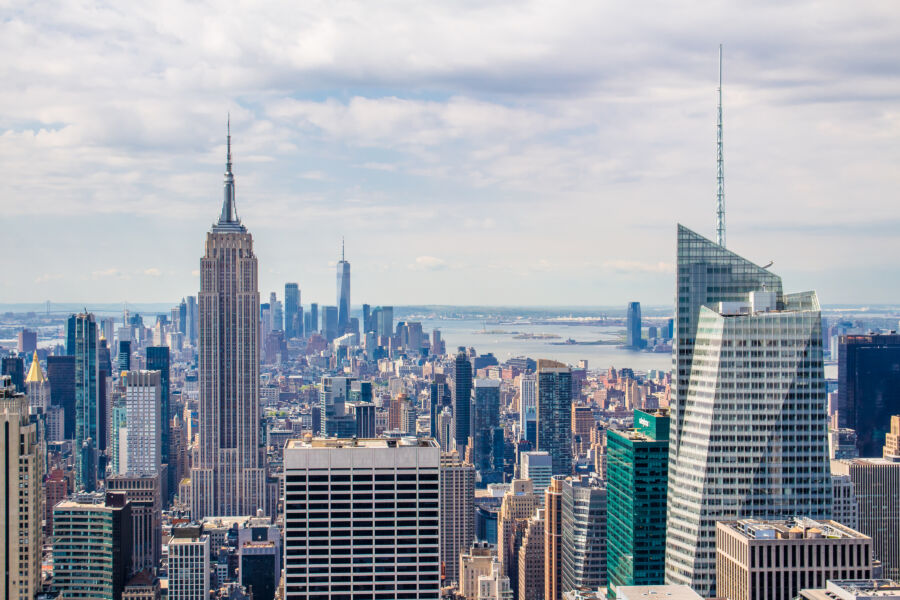
Living expenses in London and New York can take a big bite out of your wallet. These global cities are known for their high costs, but there are some key differences to remember.
Housing and Rent Prices
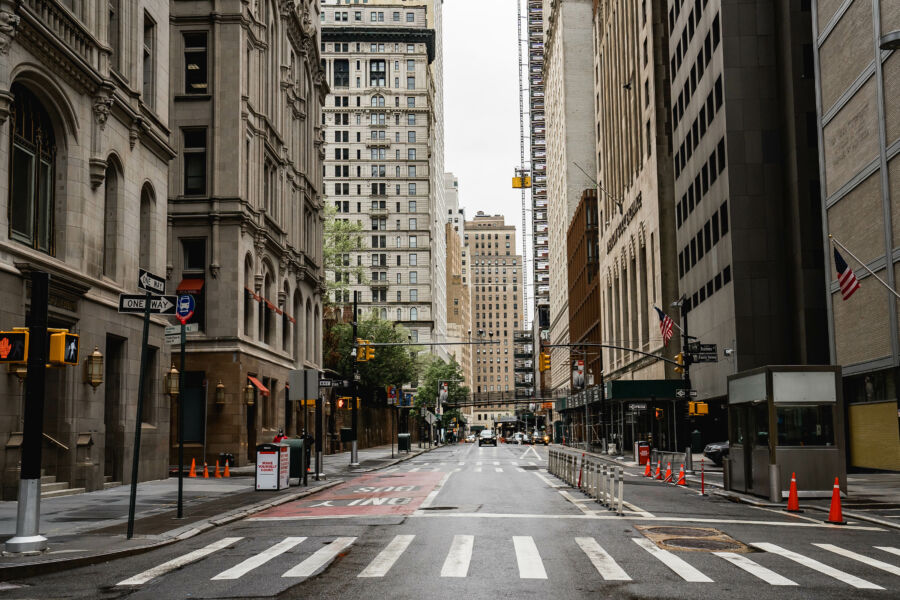
Finding an affordable place to live is tough in both cities. New York’s rent prices are sky-high, especially in Manhattan. A tiny studio apartment there could set you back $3,000 or more monthly.
London isn’t much cheaper. A one-bedroom flat in central London often costs over £2,000 monthly. But you might find better deals in outer boroughs.
Both cities have pricey real estate markets. Buying a home is out of reach for many residents. People often live with roommates or in smaller spaces to cut costs.
Job Market and Average Salary
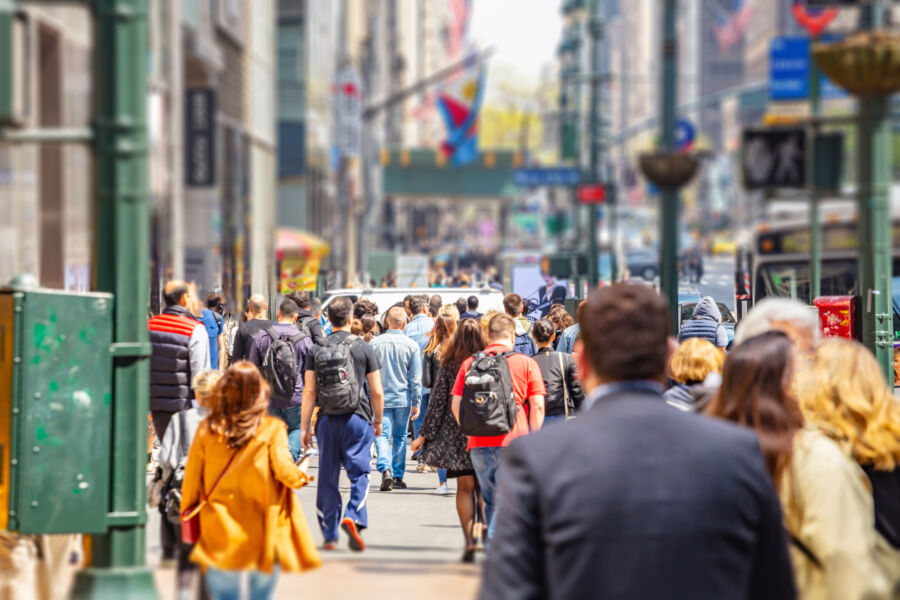
New York and London are major financial hubs with lots of job opportunities. Finance, tech, and media are big industries in both places.
Salaries tend to be higher in New York. The average yearly pay is around $70,000. In London, it’s closer to £40,000 (about $50,000).
However, higher New York salaries are offset by bigger tax bills. Workers there face federal, state, and city income taxes. London has a simpler tax system.
Job competition is fierce in both cities. But for those who land good gigs, the career potential is huge. Many see these cities as places to climb the corporate ladder fast.
Transportation and Infrastructure

London and New York both have huge transit systems that move millions of people daily. But they take different approaches to getting people around their sprawling cities. Let’s see how they compare.
Public Transportation Networks
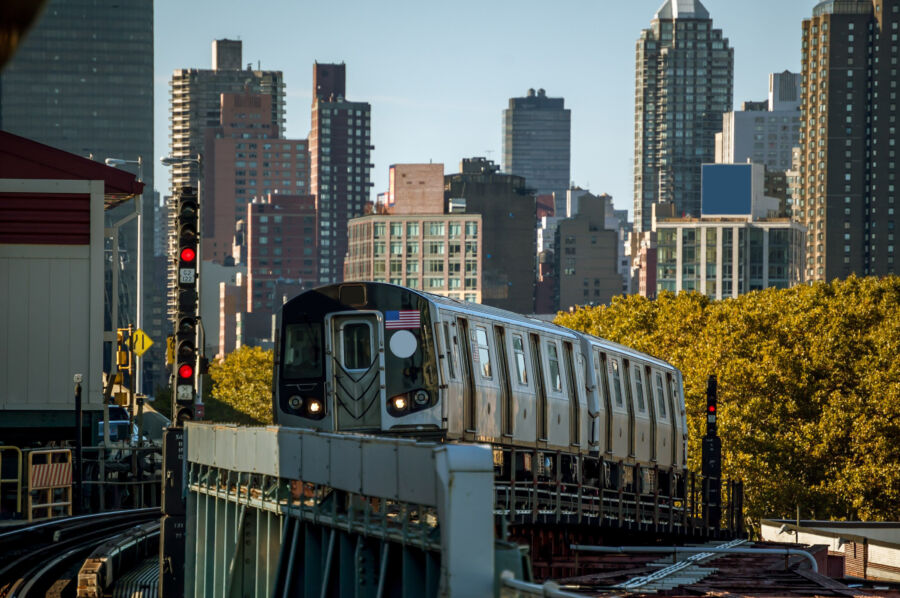
The London Underground (aka the Tube) and NYC Subway are the backbones of each city’s transit. The Tube is older, opening in 1863.
It’s known for its iconic map and “Mind the Gap” warnings. The NYC Subway runs 24/7, unlike London’s system, which closes overnight.
New York’s subway cars are bigger and have A/C. But London’s trains tend to be cleaner and easier to figure out.
Both cities also have extensive bus networks. London’s famous double-decker buses are a hit with tourists.
Londoners can use the Oyster card to pay for trips, and New Yorkers have the MetroCard. Both cities are moving towards contactless payments, too.
Accessibility and Convenience
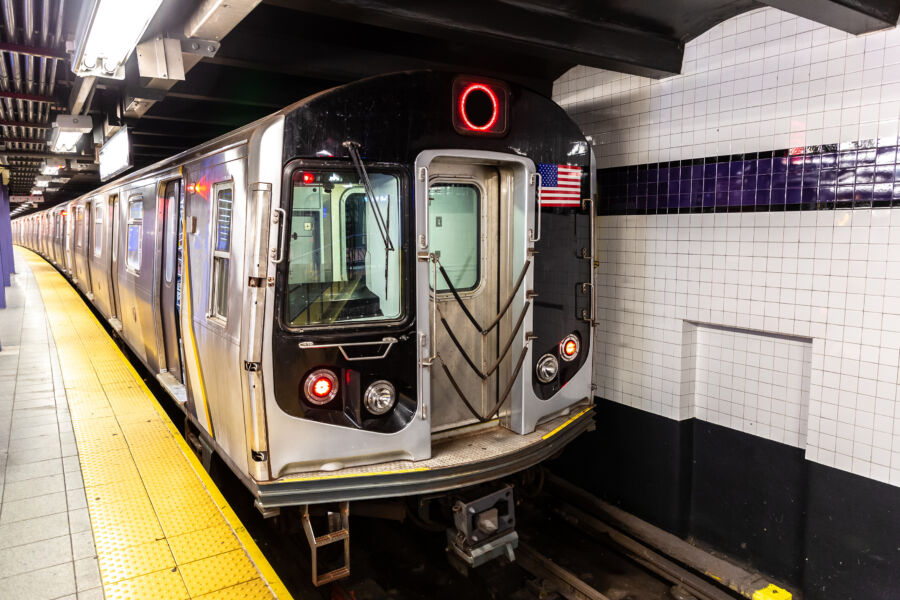
Getting around London is generally easier than in New York. The Tube has more stations spread across the city.
Buses are frequent and reliable. Black cabs are pricey but super convenient.
NYC’s subway goes to more far-flung spots. But it can be confusing for newbies.
Buses are slower due to traffic. Yellow cabs are plentiful but can be hard to hail at busy times.
Both cities have bike-share programs and are adding more bike lanes. But London is ahead in making cycling safe and easy. Walking is great in both places, with lots to see on foot.
Cultural Offerings
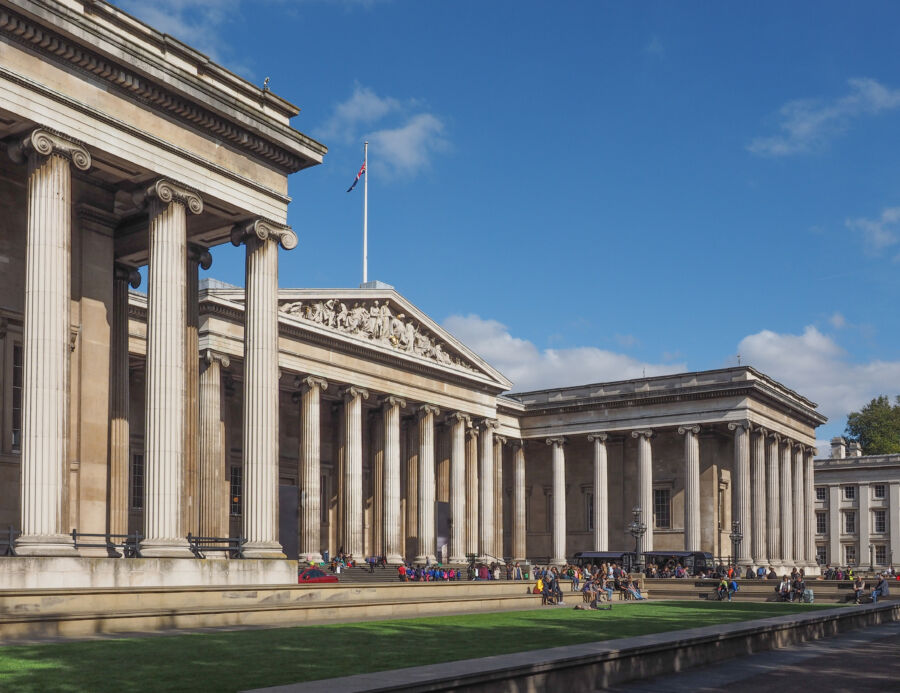
New York and London are cultural powerhouses, offering a unique blend of art, entertainment, and nightlife. These cities captivate visitors with world-class museums, vibrant theater scenes, and diverse attractions.
Art and Museums
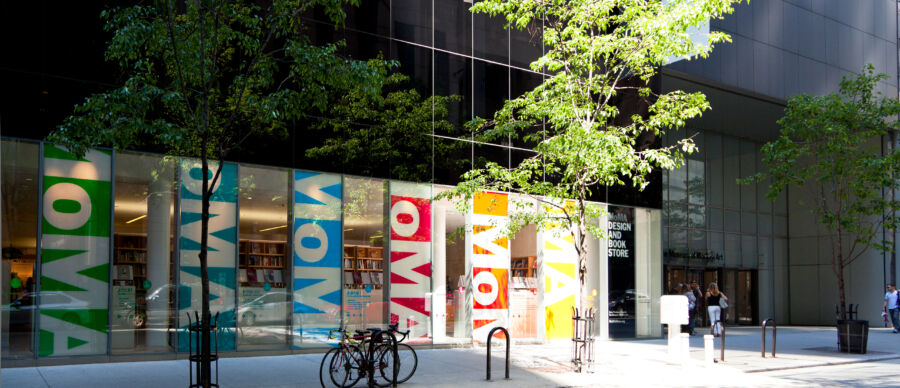
New York’s art scene is unbeatable. The Metropolitan Museum of Art houses over 2 million works spanning 5,000 years.
It’s a treasure trove of global art history. The Museum of Modern Art (MoMA) showcases cutting-edge contemporary pieces that push boundaries.
London’s museums are free to enter, making art accessible to all. The British Museum boasts an incredible collection of artifacts from around the world. The Tate Modern, housed in a former power station, displays thought-provoking modern and contemporary art.
Both cities have countless smaller galleries and street art scenes. Visitors can stumble upon hidden gems in neighborhoods like Chelsea in NYC or Shoreditch in London.
Entertainment and Nightlife
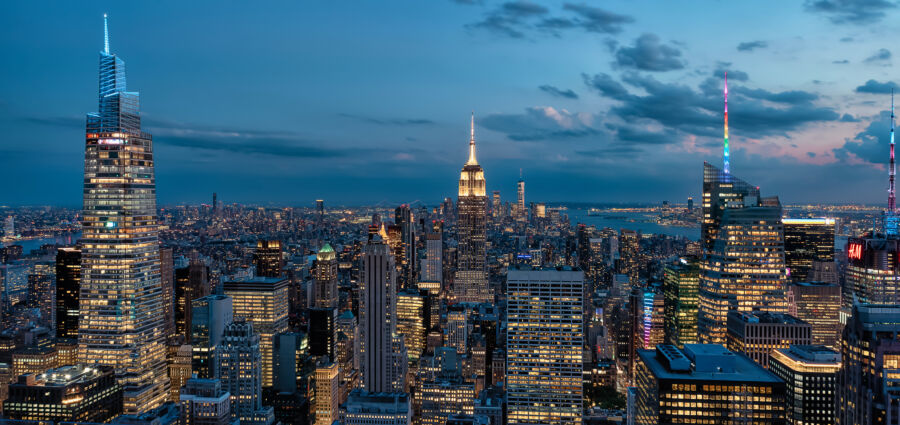
Broadway in New York is the pinnacle of theater. Shows range from long-running classics to edgy new productions. The city’s music scene is legendary, with iconic venues like Madison Square Garden and smaller clubs in Brooklyn.
London’s West End rivals Broadway with its dazzling musicals and plays. The city’s unique pub culture offers a cozy spot for a pint and chat. For late-night fun, areas like Soho and Brixton come alive with clubs and bars.
Both cities boast diverse culinary scenes. New York’s pizza slices and bagels are must-tries. London’s curry houses and fish and chip shops offer tasty local fare.
Street performers add charm to both cities. Times Square buzzes with costumed characters, while Covent Garden hosts skilled jugglers and musicians.
Parks and Recreation
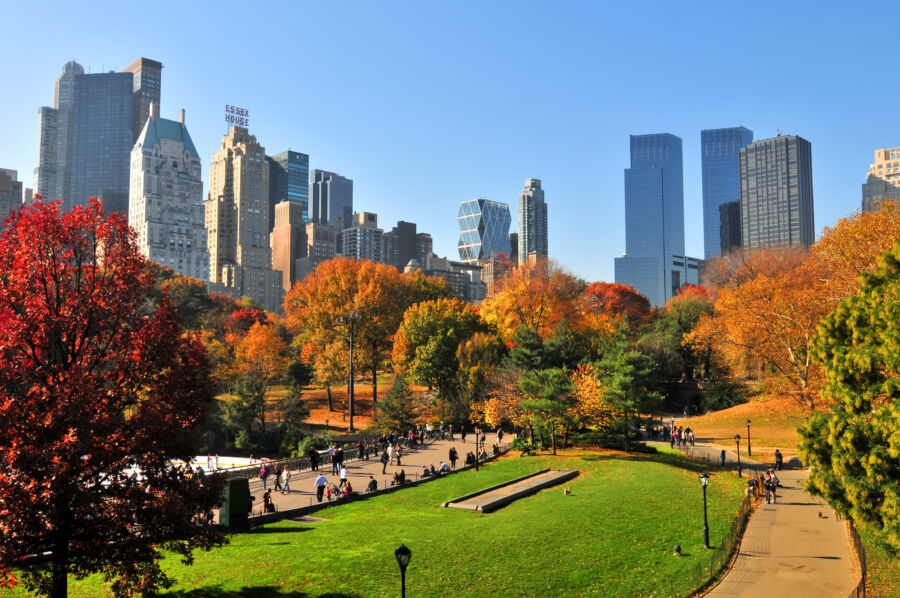
New York and London boast amazing green spaces that offer fresh air amidst the urban hustle. These cities have some of the world’s most famous parks, perfect for relaxation, exercise, and soaking up nature.
Famous Parks and Gardens
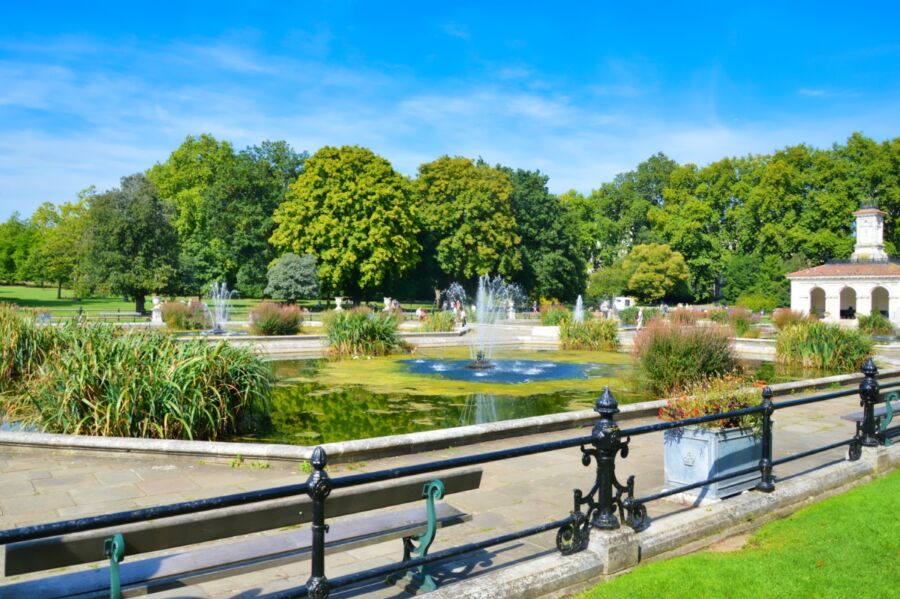
Central Park is the crown jewel of New York’s green spaces. This 843-acre oasis in Manhattan has lakes, woods, meadows, and even a zoo. It’s a favorite spot for picnics, jogging, and boat rides.
London’s Hyde Park is equally iconic. Spanning 350 acres, it’s home to the Serpentine Lake and Kensington Gardens. Visitors can enjoy horse riding, swimming, or lounging on the grass.
Regent’s Park in London is another stunner. It’s got beautiful rose gardens and an open-air theater. Though smaller, New York’s Bryant Park packs a punch with its free events and winter ice rink.
Outdoor Activities
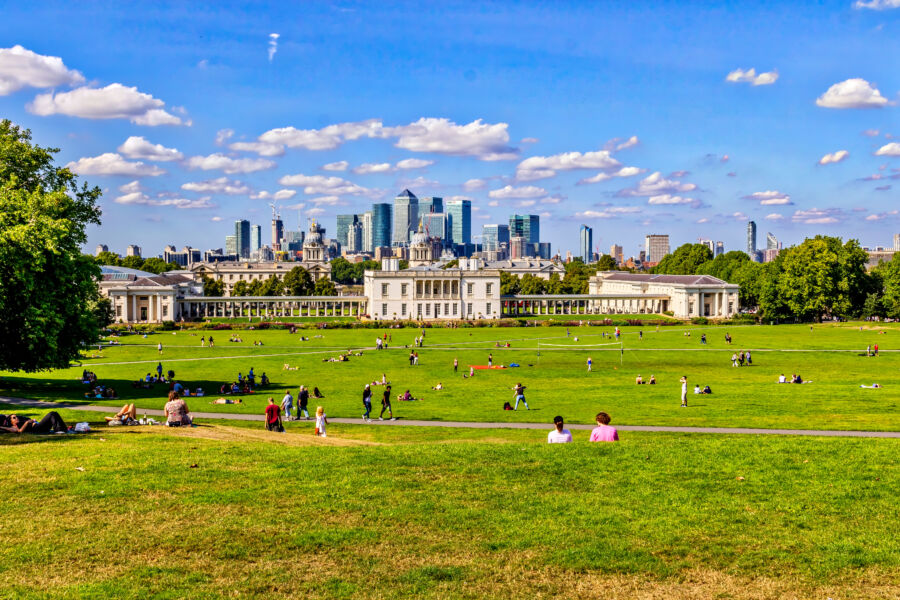
Both cities offer tons of ways to get active outdoors. In Central Park, you can rent bikes, run, or join a yoga class. The park’s ballfields host countless pickup games and leagues.
Sylvain BeauregardLondon’s parks are just as lively. Hyde Park has great paths for cycling and jogging. You can even go horseback riding along Rotten Row. Regent’s Park boasts top-notch sports facilities, including tennis courts and soccer fields.
Greenwich Park in London offers amazing views of the city skyline. It’s perfect for a picnic or a game of frisbee. In New York, the High Line provides a unique elevated park experience with art installations and gardens.
Education and Research
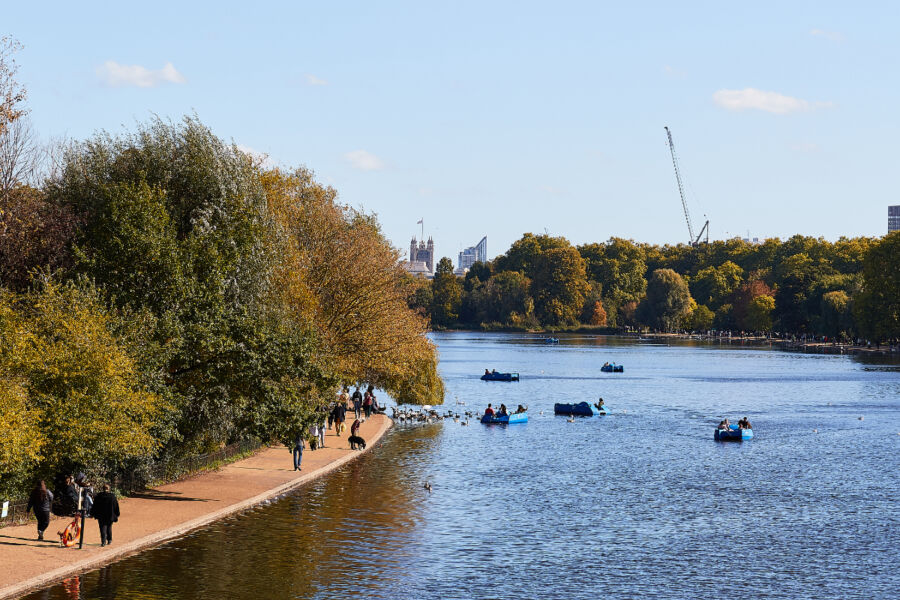
New York City and London both offer world-class educational and research opportunities. These cities are home to some of the most prestigious universities and attract top talent from around the globe.
World-Renowned Universities

NYC boasts several top-tier institutions like Columbia University and New York University. These schools are known for their rigorous academics and cutting-edge research. Columbia, part of the Ivy League, is especially famous for its journalism program.
London isn’t far behind with its own set of stellar universities. University College London (UCL) and Imperial College London are among the world’s best. UCL is particularly strong in arts and humanities, while Imperial excels in science and engineering.
Both cities have loads of other great schools, too. From smaller liberal arts colleges to specialized institutions, there’s something for every student.
Educational Opportunities

It’s not just about universities in these cities. NYC and London offer tons of other ways to learn and grow.
Think about all the museums, libraries, and cultural institutions. The New York Public Library and British Library are treasure troves of knowledge. Both cities have world-class museums like the Met in NYC and the British Museum in London.
There’s also a huge variety of adult education classes, workshops, and seminars. Want to learn a new language or pick up a hobby? You’ll find plenty of options in both places.
For researchers, these cities are goldmines. They attract top minds from all over, creating vibrant intellectual communities. You’ll find cutting-edge labs, think tanks, and research centers in both NYC and London.
Lifestyle and Society
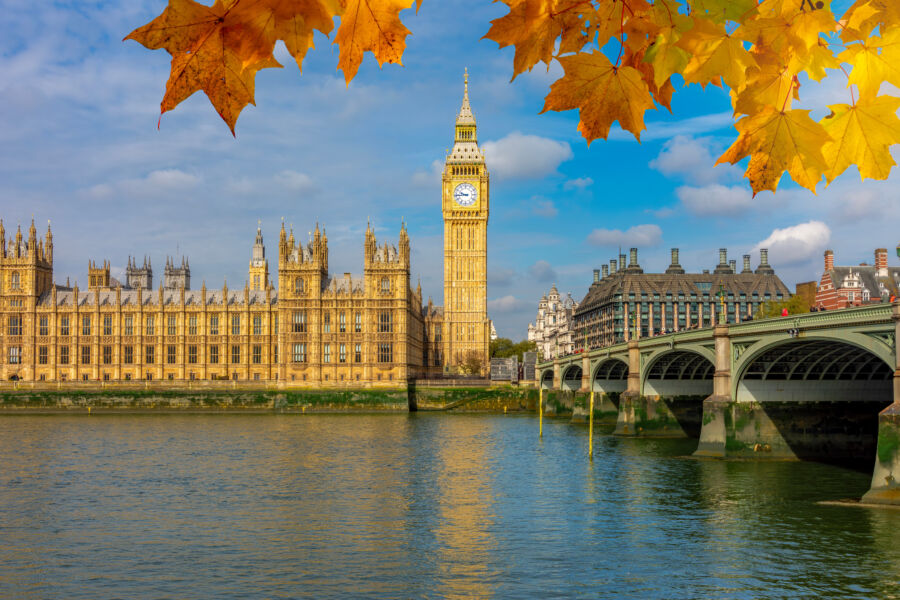
New York and London offer unique urban experiences. Both cities have vibrant cultures, diverse communities, and fast-paced lifestyles that shape daily life for residents and visitors alike.
Fashion and Shopping
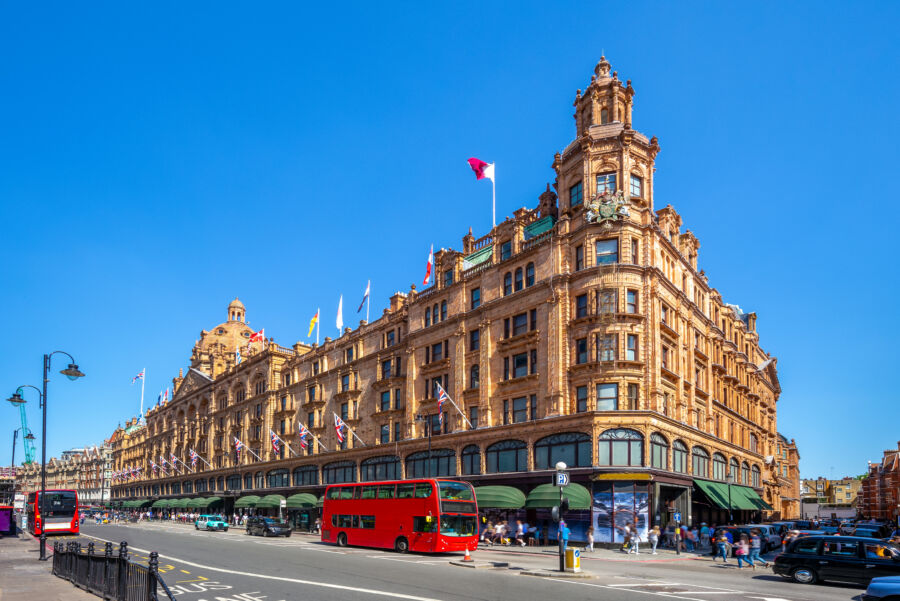
New York and London are fashion capitals. Each city has its style. New York likes sleek, modern looks. London mixes old and new.
Both have great shopping. New York has big department stores like Macy’s and Bloomingdale’s. London has famous shops like Harrods and Selfridges.
Both cities have trendy areas. SoHo in New York is full of cool boutiques, and in London, check out Camden Market for unique finds.
Prices can be high in both places. But you can also find deals if you look around. Outlet malls near New York offer discounts. London has street markets with bargains.
Daily Living and Social Norms
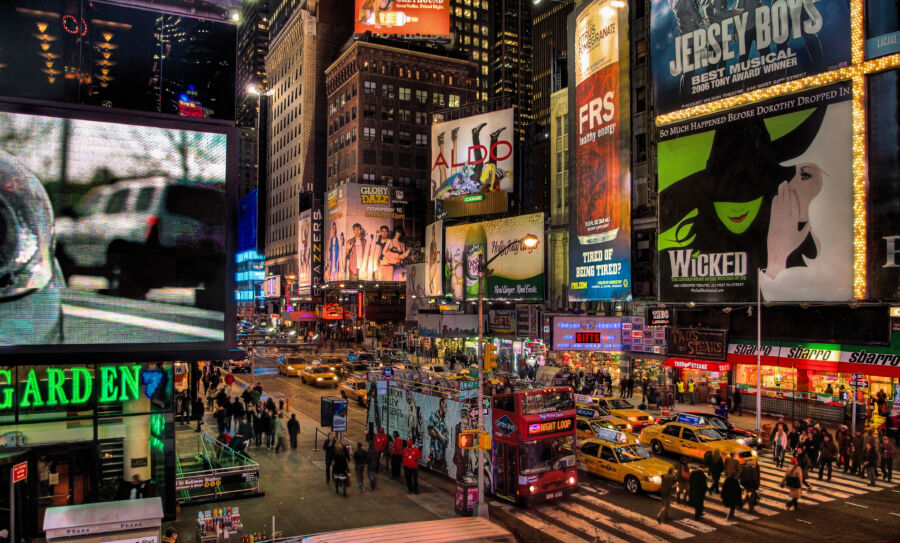
Life moves fast in New York and London. People walk quickly and talk fast. But there are differences too.
New Yorkers are known for being direct. They might seem rude, but they’re just busy. Londoners tend to be more reserved. They value politeness and queuing.
Food is a big part of life in both cities. New York has amazing pizza and bagels. London is famous for fish and chips and curry. Both have great international food scenes.
Safety varies by neighborhood in both cities. It’s smart to be aware of your surroundings. Air quality can be an issue, but both cities are working on it.
Groceries cost more in these big cities. But you can find fresh produce at farmers’ markets. And there are always cheap eats if you know where to look.
Urban Planning and Architecture
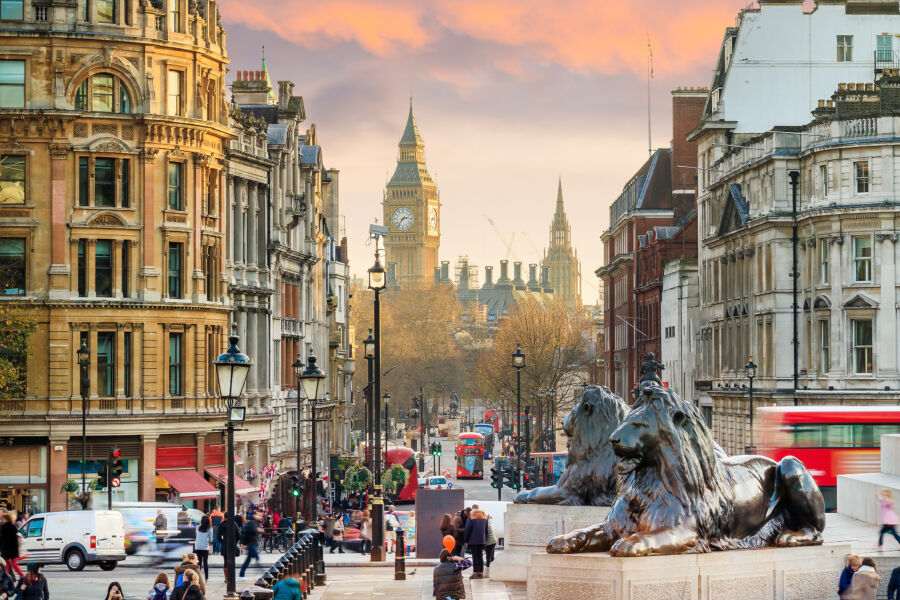
New York and London both boast amazing architecture and urban planning. These cities have unique skylines and famous buildings that make them special. Let’s take a closer look at what makes each city stand out.
Landmark Buildings and Structures
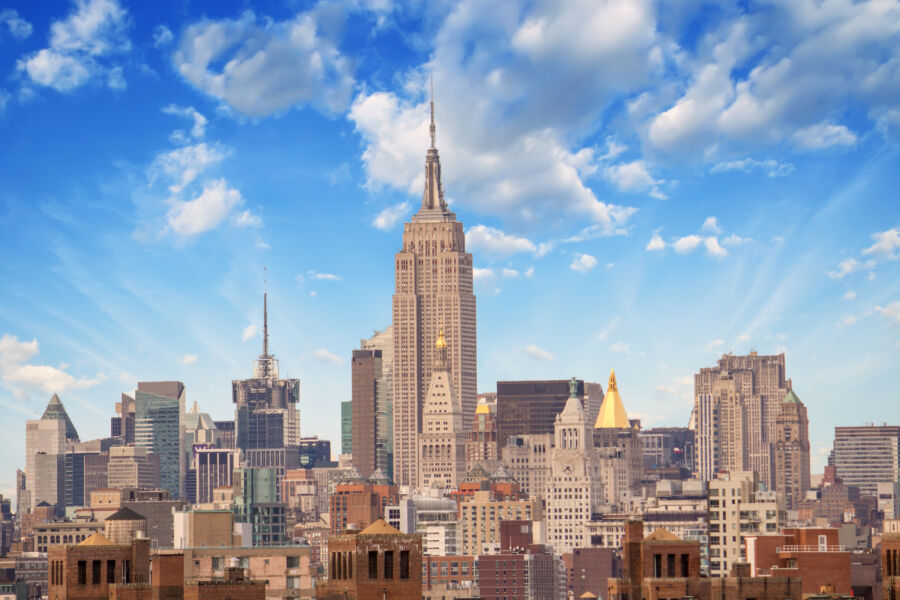
New York’s Empire State Building and Statue of Liberty are world-famous, and tourists come everywhere to see them. The city also has cool new buildings, like One World Trade Center.
London has its icons, too. Big Ben and Tower Bridge are on many postcards.
The city mixes old and new well. You can see St. Paul’s Cathedral next to modern skyscrapers like The Shard.
Both cities love their parks. Central Park in New York is huge and in the middle of Manhattan. London has Hyde Park and lots of other green spaces spread out all over.
Cityscape and Skyline
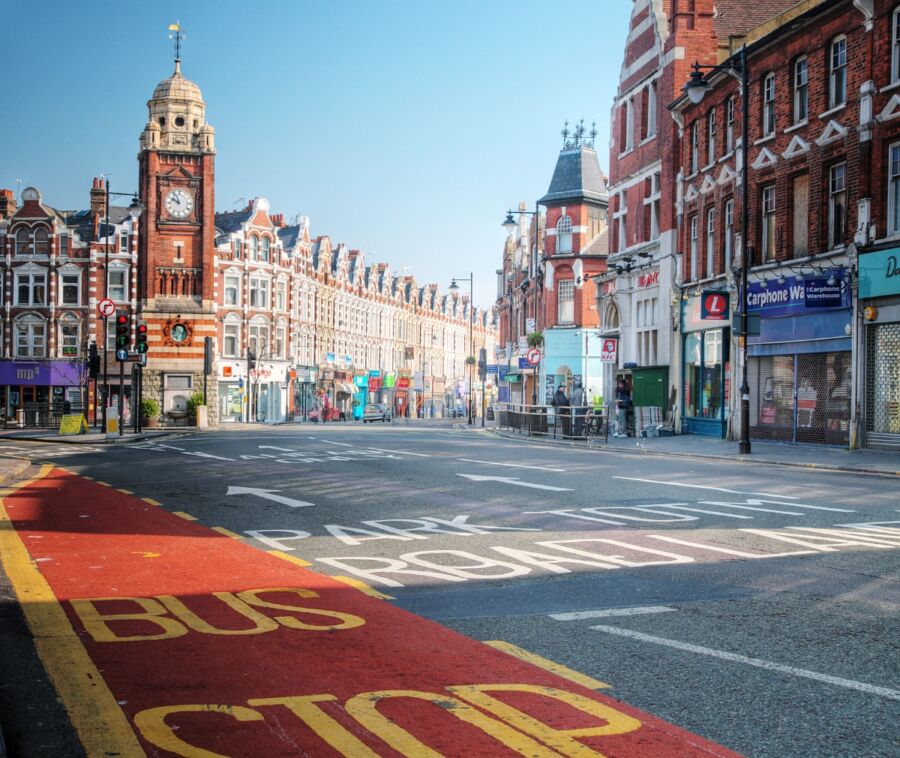
New York’s skyline is full of tall buildings. Manhattan has tons of skyscrapers close together. It looks amazing from far away or from a boat. The city keeps building taller and taller towers.
London’s skyline is changing fast. It used to be mostly low buildings. Now, more skyscrapers are popping up. But London still has rules about where tall buildings can go. This keeps historic views safe.
New York feels more planned out. Its streets make a grid pattern that’s easy to follow. London grew more naturally over time. Its streets twist and turn in fun ways, making London feel older and more mysterious.
Frequently Asked Questions
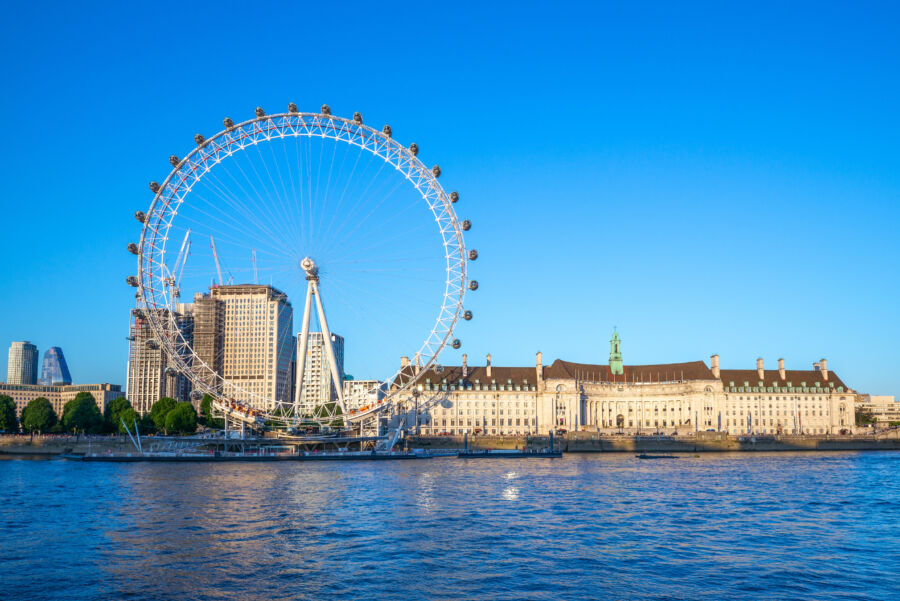
London and New York are major global cities but differ in many ways. Let’s explore some key comparisons between these iconic metropolises.
How do the living costs compare between London and New York City?
Living in either city can be pricey. New York tends to have higher rent prices, especially in Manhattan. Food and entertainment costs are similar in both places.
A small apartment in central London might cost around £1,500 per month. You’d likely pay over $2,000 in New York for something similar.
Eating out is expensive in both cities. A basic meal at a casual restaurant costs about £15 in London and $20 in New York.
What is the difference in population density between London and New York City?
New York packs more people into a smaller area. It’s much denser than London.
New York has about 27,000 people per square mile, while London’s density is lower, at around 14,500 people per square mile.
This difference affects daily life. New Yorkers often live in tall apartment buildings, while Londoners are more spread out.
Can you provide travelers with details on the time difference between London and New York?
The time gap can be tricky for travelers planning trips to either city. New York is usually 5 hours behind London.
When it’s noon in London, it’s 7 AM in New York. This changes slightly during daylight saving time transitions.
Remember this time difference when scheduling calls or planning activities across the two cities.
Which city, London or New York, generally offers a better quality of life?
Quality of life is subjective and depends on personal preferences. Both cities have pros and cons.
London has more green spaces and parks. It also offers free healthcare through the NHS.
New York has a vibrant 24/7 culture and diverse job opportunities. The city never sleeps, which some people love.
Both cities have excellent public transport systems and world-class cultural attractions.
How do the sizes of London and New York compare geographically?
London covers a much larger area than New York City. It’s spread out over more land.
London’s total area is about 607 square miles. New York City is smaller at 303 square miles.
Despite its larger size, London feels less crowded due to its lower population density.
What economic differences are evidenced by the GDP in London versus New York?
Both cities are major economic powerhouses, but New York’s economy is slightly larger.
New York City’s GDP is around $1.9 trillion. Meanwhile, London’s GDP is about £500 billion (roughly $630 billion).
Wall Street makes New York a global financial hub. Similarly, London’s financial district, The City, is also hugely important worldwide.
